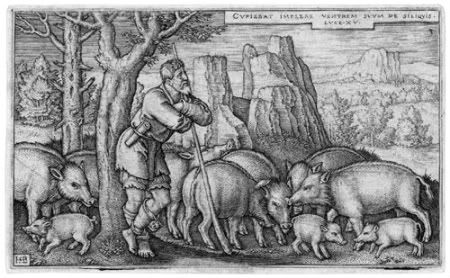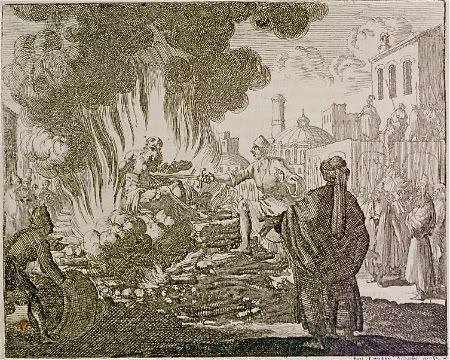If we are true Christians, we must not expect everything smooth in our journey to heaven. We must count it no strange thing, if we have to endure sicknesses, losses, bereavements, and disappointments, just like other men. Free pardon and full forgiveness, grace by the way and glory to the end – all this our Savior has promised to give. But He has never promised that we shall have no afflictions. He loves us too well to promise that.
By affliction He teaches us many precious lessons, which without it we should never learn. By affliction He shows us our emptiness and weakness, draws us to the throne of grace, purifies our affections, weans us from the world, makes us long for heaven. In the resurrection morning we shall all say, ‘it is good for me that I was afflicted.’ We shall thank God for every storm.
-J.C. Ryle (H/T: J.C. Ryle Quotes)








